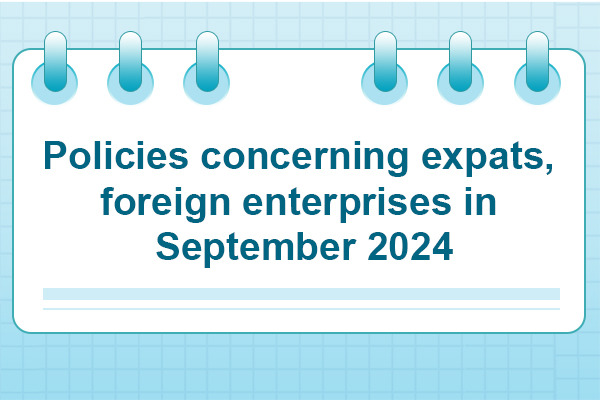Global risks hinder investments overseas

The continuous intensification of great power competition, rising global financial security risks, and debt risks will bring more challenges to Chinese enterprises' foreign trade and investment, according to an annual report by China's policy-oriented insurer.
The Handbook of Country Risk 2023 was published by the China Export and Credit Insurance Corporation, or Sinosure, on Thursday in Beijing. It consists of two volumes. One is about the risk analysis of 53 key countries involved in the Belt and Road Initiative and the other is about global investment risk analysis, industry risk analysis and corporate bankruptcy risk analysis.
Sheng Hetai, president of Sinosure, said that currently, global risks are mainly manifested in three aspects: The competition among major powers continues to intensify, leading to new changes in the regional political landscape; the overall growth rate of the world economy is slowing down, with financial security risks further rising; and developing countries are facing prominent debt problems, and the progress of coordinated governance is slow.
In the first nine months of this year, Sinosure has insured a total amount of $680.46 billion for Chinese companies involved in the global market and paid out claims of $1.54 billion to businesses, a year-on-year increase of 47.5 percent.
As Chinese entities involved in foreign trade and investment face deep changes in the world's political and economic landscape, Sheng said they should monitor geopolitical risks and proactively formulate risk response measures, pay attention to adjustments in economic policies by developed countries, strengthen analysis of debt sustainability and enhance debt risk warning capabilities, and judiciously utilize policy-based financial tools to reduce the possibility of being impacted by macroeconomic risks.
Tian Dewen, deputy director of the Chinese Academy of Social Sciences' Institute of Russian, Eastern European and Central Asian Studies, said the risks of geopolitical conflicts around the world are intensifying, including the ongoing Russia-Ukraine conflict and the Israeli-Palestinian conflict.
He said geopolitical conflicts could restrict the production of strategic resources such as food and energy, as well as cross-border trade, exacerbating price fluctuations in commodities. Moreover, the uncertainty in geopolitical dynamics can also lead to certain countries adjusting their foreign policies, further hindering global economic cooperation and recovery.
Thus, to avoid losses that they could not bear, it is essential for Chinese companies to strengthen risk assessment and early warning mechanisms while going overseas, he added.




































